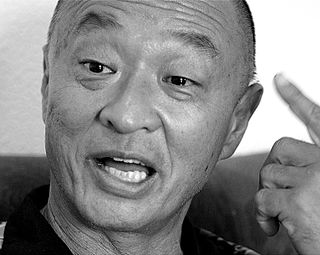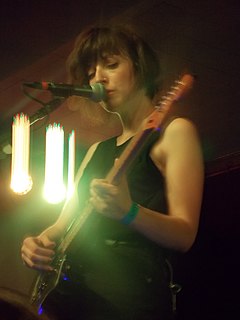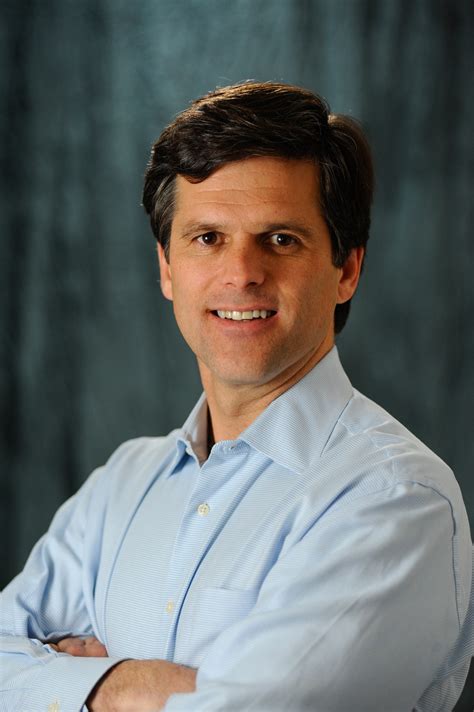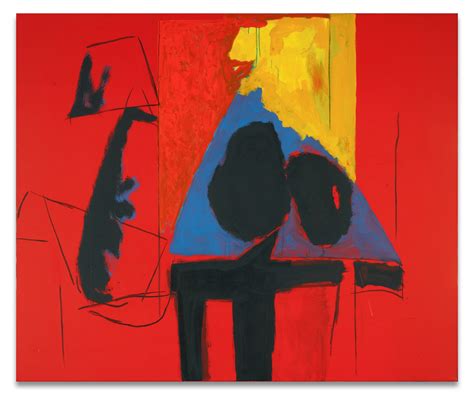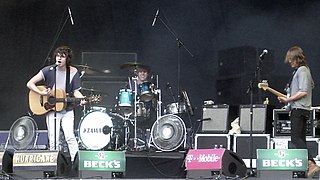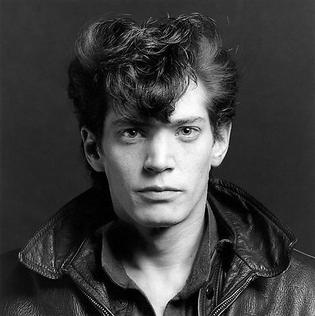A Quote by Cary-Hiroyuki Tagawa
I'm not a method actor, I don't write my character's history or all those kinds of things. I'm more about the 90 percent of the brain that is subconscious. I like to just pick certain pieces, let it soak in, and then let it kind of emerge out.
Related Quotes
Things like rhyming - it just wasn't falling out of my head that way. So I started to get quite freaked out that I just couldn't write anymore. And then I just kind of went with it, and thought that, "This is the way that my brain's working," in a more direct way, then I should just try it like that for this album. And follow it. Just went with the writer's block, almost - it's a strange thing.
A lot of kind of like the way that Andy [Bernard] talks, you know, the writers pick up on those things - little moments that I inject and then they start to write it in later. It's hard to say if a whole storyline is spun out of an improv. I feel like it has happened on The Office, I just can't think of it.
I tend to start with a kernel, a vague concept, and just begin to write things down - notes about a character, lines of dialogue, descriptive passages about a place. One idea fires another. I do that for about a year. By then there's a story, and I'll go on to a complete first draft that sews many of those ragtag pieces together.
We can't have close to 90 percent of those prenatally diagnosed with an intellectual disability being aborted; 90 percent not going to school; more than 90 percent reporting discrimination in the healthcare system; and 90 percent unemployed, and tell ourselves that we're doing a good job. The obstacles to leading a full life for the vast majority of people with intellectual disabilities are far beyond what they should be, and far beyond what we should tolerate. So yeah, I want change.
I didn't write any music at all, and then, I remember Jon Anderson being very insistent saying that there were two kinds of musicians: the ones who wrote music and the ones who didn't. And clearly the ones who wrote music were more superior human beings in his mind. So he kind of nudged me and sort of prodded me into it. I picked it up slowly. Then I learned more about chords and harmony and I just kept adding to that. One of the great things about having good players in your band is that you just ask them questions. You can pick up some good information that way.
I think that the most important thing for me is, how is the character that I would be reading for? Is it interesting? Is there stuff to do? Are there things that you can do with the character? How can you play it out? Just those kinds of things that are very important for an actor. Also, a good director and good dialogue.
There was things just like not being able to date or - I'm talking like 15, 16 - like just certain things that my friends started to do. Like, they started to get phone calls from girls or like, you know, go and hang out 10, 11 at night, kind of going to the movies. There were just certain things that - it's not that I couldn't do all of those things. It's just that every choice was really deliberate and conscious and thought out and sort of balanced against the religion in a way where I felt - I wasn't necessarily trying to convert at 12 like [my mother] was.
Sometimes I say I feel more like a dancer than an actor, because there are things implied about being an actor that I don't really like. I feel more comfortable with the word 'performer'. I like being the thing. I like being the doer. There's a factualness to it. And then certain resonances happen out of how you apply yourself physically.
It's just like an idea, like a chorus, and then we just jam on it - it happens in loads of different ways. The best songs I find always come from the subconscious, like when you don't think. Not to be pretentious about it, but usually songs just blurt out rather than thinking about it. I never write lyrics and then do a song, I find that really hard - that's like a real skill.
I like to look at pictures, all kinds. And all those things you absorb come out subconsciously one way or another. You'll be taking photographs and suddenly know that you have resources from having looked at a lot of them before. There is no way you can avoid this. But this kind of subconscious influence is good, and it certainly can work for one. In fact, the more pictures you see, the better you are as a photographer.
I feel very strongly that history is about everything. It isn't just about politics or the military or social issues. If art, music, engineering, science, medicine, finance, the world of architecture and technology - if those are left out, then you're not getting a full sense of the human condition. History is human and we human beings are involved in all kinds of things and that's part of our humanity.
